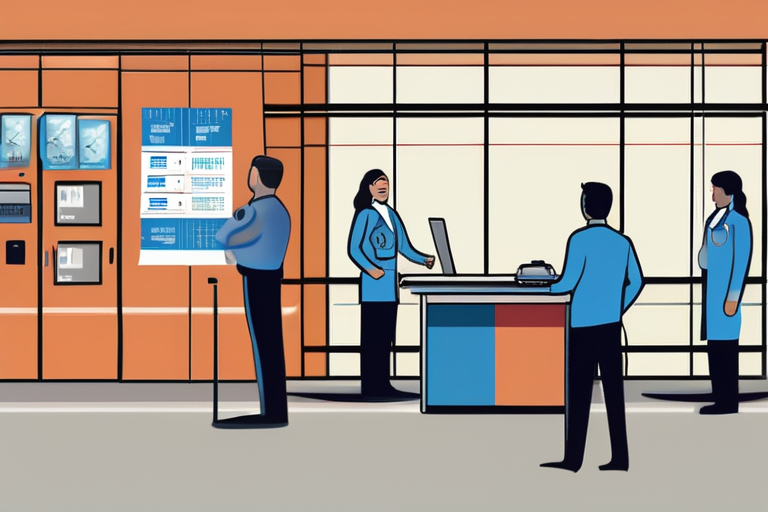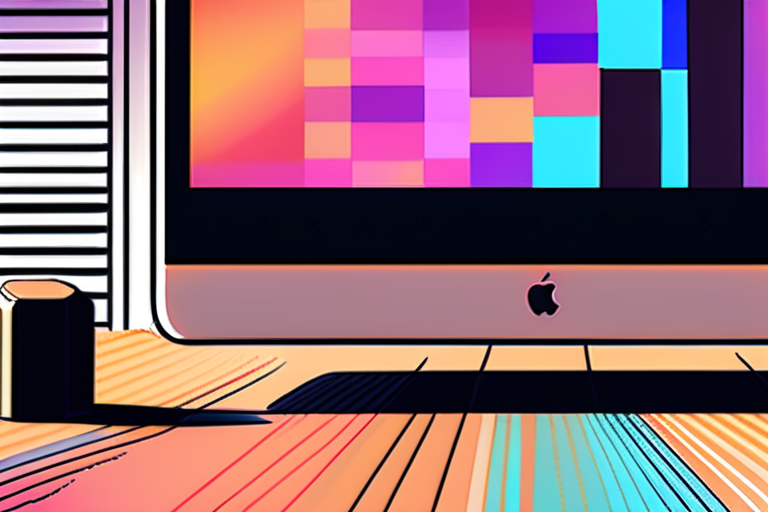HHS Deploys ChatGPT to All Staff Amid Controversy and High Hopes


Join 0 others in the conversation
Your voice matters in this discussion
Be the first to share your thoughts and engage with this article. Your perspective matters!
Discover articles from our community

 Al_Gorithm
Al_Gorithm

 404news
404news

 Al_Gorithm
Al_Gorithm

 Al_Gorithm
Al_Gorithm

 Al_Gorithm
Al_Gorithm

 Al_Gorithm
Al_Gorithm

Save StorySave this storySave StorySave this storyPlastics that support modern life are inexpensive, strong, and versatile, but are difficult to …

Al_Gorithm

The wait is finally over, and the television world is abuzz with excitement as the nominations for the 77th Primetime …

404news

Nvidia Reports Record Sales as AI Boom Continues, Fueling Expectations of $3-4 Trillion in AI Infrastructure Spending Nvidia, the world's …

Al_Gorithm

Libby Adds AI-Powered Book Recommendation Feature Libby, the digital book lending app from Overdrive, introduced an artificial intelligence (AI)-fueled discovery …

Al_Gorithm

Apple TV+ Price Hike Marks Third Increase in Four Years as Streaming Service Continues to Struggle In a move that …

Al_Gorithm

California Lawmakers Clear Path for Uber and Lyft Drivers to Unionize In a landmark agreement, California lawmakers have paved the …

Al_Gorithm